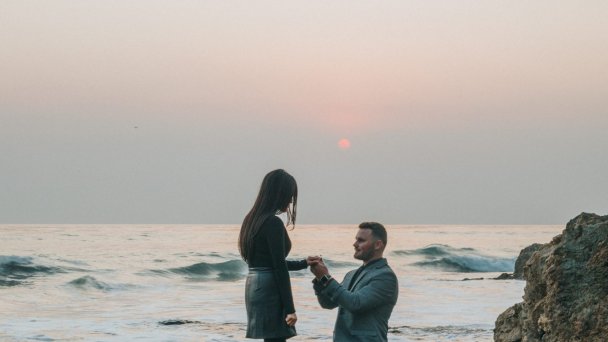“They’re just not my type.”
How many times have we heard ourselves or our friends say something along these lines when going on a first date or even finding out someone is interested in them? I know I have!
Now don’t get me wrong, compatibility and attraction are a huge part of dating someone, but recently, I’ve been realizing that not only do we seek our “type” in dating and romantic relationships, but even in the most platonic of friendships.
Part of friendship is being able to share life with other people. So it makes sense that we would naturally gravitate towards those that share similar interests and backgrounds as us. The most beautiful friendships in my life were formed around a common interest or experience that blossomed into deep friendship over time. It is an incredibly beautiful thing to have.
But what happens when we are in situations where we can’t choose the people we are around?
As a missionary, I was recently placed on a team of people who come from completely different backgrounds, have different temperments, personalities, wants and needs than me. With all of that, in just three months of living and working together, I have been stretched to love more than ever in my life. There have been many beautiful moments, but there have also been moments where I’ve broken down; just wanting someone more similar to me, someone like the friends I chose to be close to in high school and college. You see, I didn’t choose the people I’m around now, they have been chosen for me, and I was really struggling to see why.
I picked up a book I’ve been meaning to finish reading called The Four Loves by C.S. Lewis. As I started reading it again, I knew it was no coincidence I had never been able to finish it before – I needed the lessons inside at this particular time of my life.
When speaking on affectionate love, the most simple form of love that is seen in everyday occurrences, C.S. Lewis writes, “The moment when one first says, really meaning it, that though he is not ‘my sort of man’ he is a very good man ‘in his own way’ is one of liberation…that ‘in his own way’ means that we are getting beyond our own idiosyncrasies, that we are learning to appreciate goodness or intelligence in themselves, not merely goodness or intelligence flavored and served to suit our own palate.”
When I read this all I could say was “WOAH.” When we learn to love people for their differences, we are no longer a slave to our own comforts, but are LIBERATED. We are able to step outside of ourselves and truly marvel at the beauty of the person in front of us, not just grumble about how they aren’t our type of person.
Lewis continues, “The truly wide taste in humanity will similarly find something to appreciate in the cross-section of humanity whom one has to meet every day…teaching us first to notice, then to endure, then to smile at, then to enjoy and finally to appreciate the people who ‘happen to be there.’”
I think what he’s saying is that if we really try to learn how to love the people around us, whether or not we have chosen to be around them, not only will we come to love them, but we will have a greater appreciation for the beauty of humanity in general. We will come to love the intricacies of not only the people who have been placed in our lives, but even the random person in front of us in line at the grocery store.
Take a moment and think:
Who in my life is really hard to love? Then, try to come up with one thing you appreciate about that person.
Focus on that thing and ask yourself: what can this reveal to me about the beauty of humanity in general? Why do I need this person in my life?
So yes! Surround yourself with like-minded people who you can share passions and backgrounds with, but don’t let it stop there. Only in getting out of our comfortability will we be able to truly appreciate all the uniqueness humanity has to offer.
